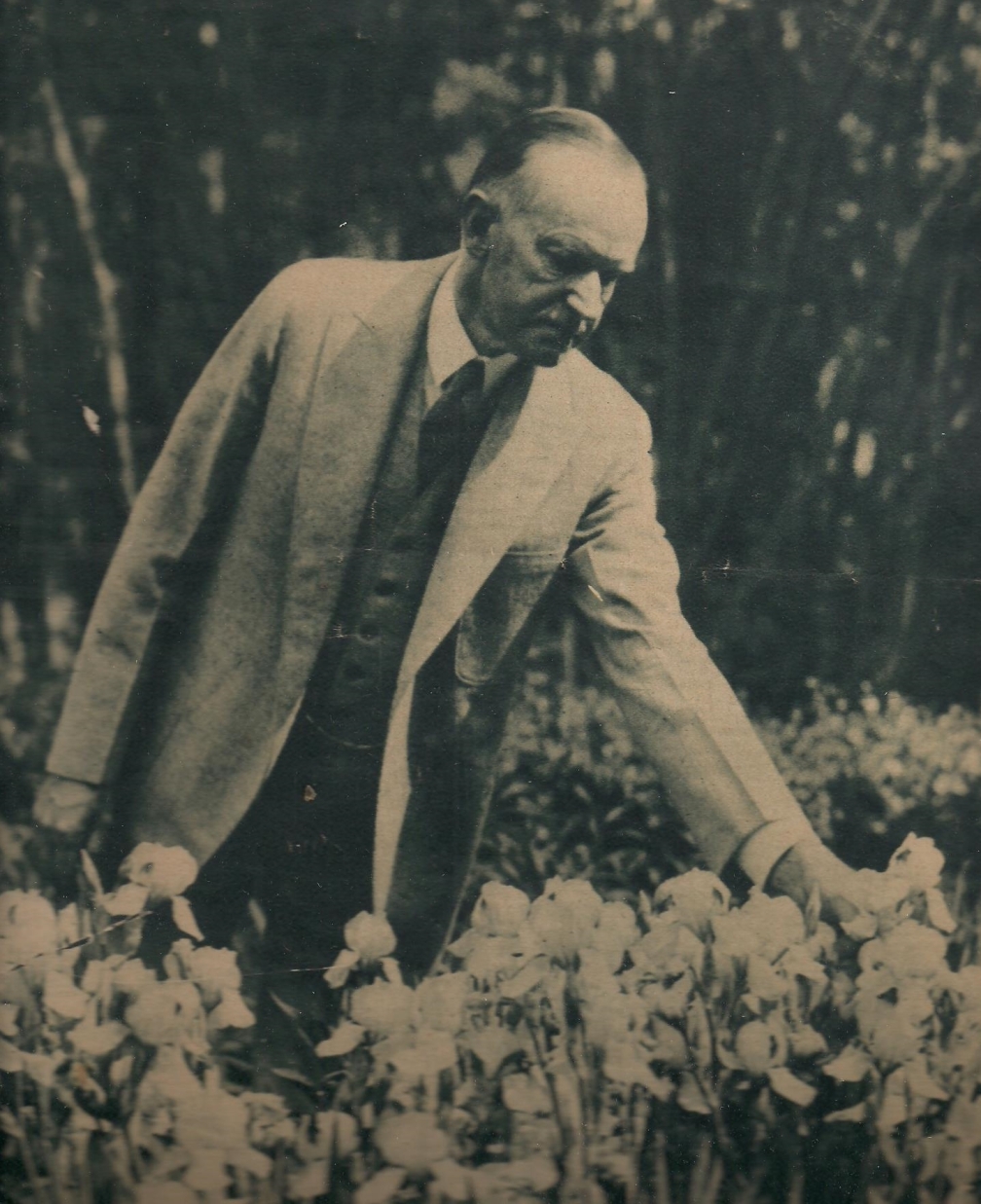On this day in 1930, former President Coolidge, in his daily column, had this to say regarding the difference in perspective between U.S. policy and the League of Nations, the original precursor of the U.N. He explains in his indomitable style why, both pursuing the same goal, the League increasingly fell short of it while the United States came closest to attaining it. He wrote,
“Each nation, instead of relying on the help of others, magnifies its obligations to help others and claims it needs large armaments. Instead of increased security each anticipates increased peril. When the United States was expected to join the League our government was proposing a standing army of about 500,000. This theory arms for security.
“The theory of the United States is for each nation to defend itself, cultivate friendly relations with others and reduce armaments so that they are not considered a menace anywhere. This theory disarms for security.
“This difference in theory has made the United States a leader in limitation of armaments while it has prevented the League from meeting the obligation under the Versailles Treaty to disarm. The League, founded in terms of peace, constantly thinks in terms of war.”
An advocate of arms limitation, believing the race to weaponize drove Europe and America into the first World War, Coolidge warned the country thirty years before Eisenhower of the dangers inherent in constructing a military industrial complex, a far more theoretical possibility in the 1920s than in the 1950s. Yet, he also said, in a speech in August 1918, “The only hope of short war is to prepare for a long one.”
These two halves of his thinking deserve greater appreciation, especially as we have now ventured on the course that attempts to strike an impossible middle path. On the one side, our interests are placed at the service of nearly every region on the globe, trusting that we are smart and competent enough to police it all. On the other side, there is the danger of so weakening our defenses that we hamstring ourselves in the face of the next genocidal ideology bent on taking over the world. Having a better grasp of Coolidge’s policy of adequate defense paired with the early “Good Neighbor” efforts of the 1920s would serve us well.
For all the flaws and failures attributed to the 1920s, it was through the breakup and abandonment of the disarmament and outlawry of war treaty systems that emerged during the 1930s which deserve a greater share of any blame for what followed. It remains that much of the world did experience a significant respite from war thanks to the return to normalcy established during the decade Harding and Coolidge led the country. Peace takes intense effort. When it lasts as long as it did those ten years it cannot be identified as a mere accident or coincidence.
